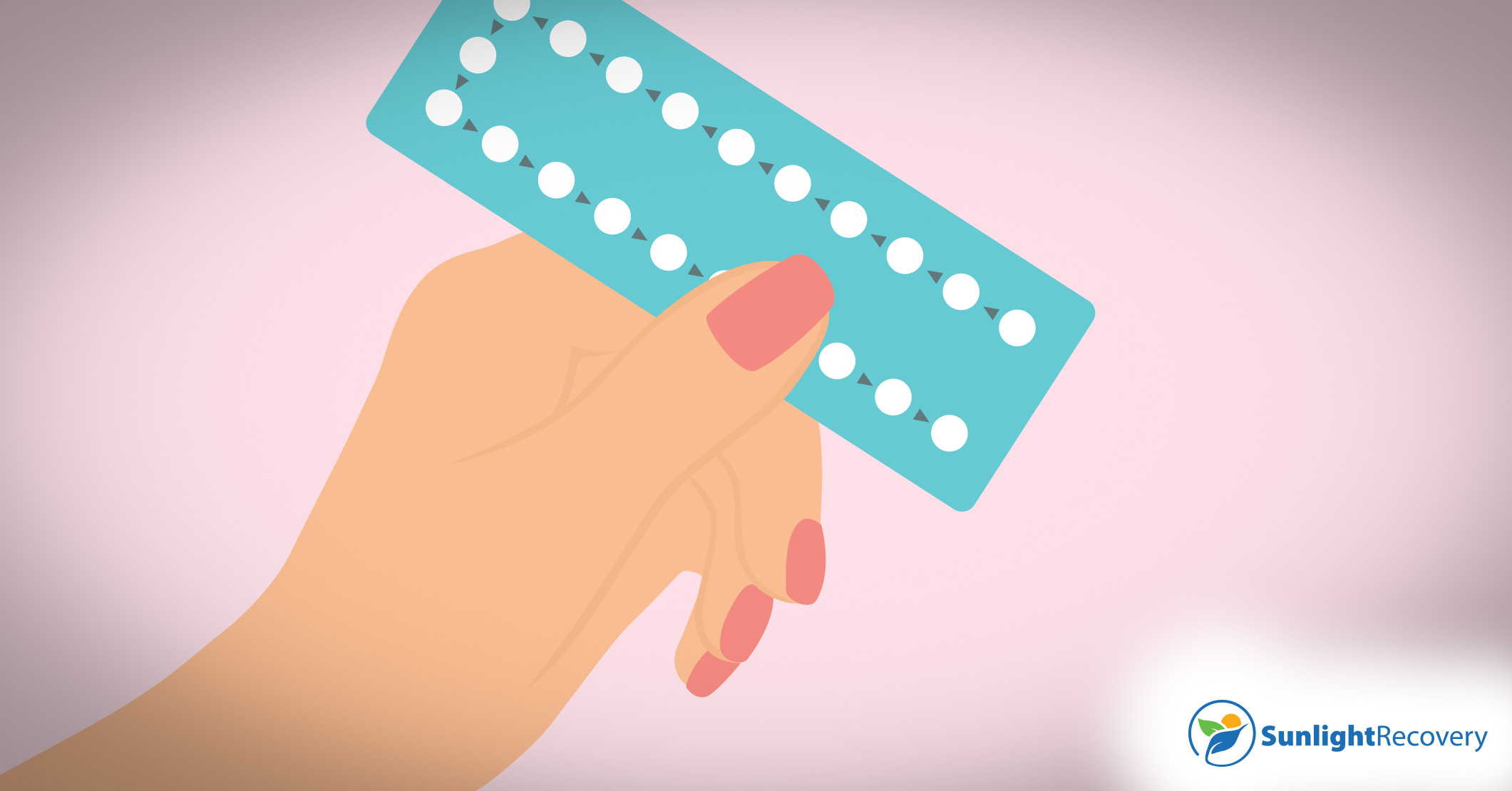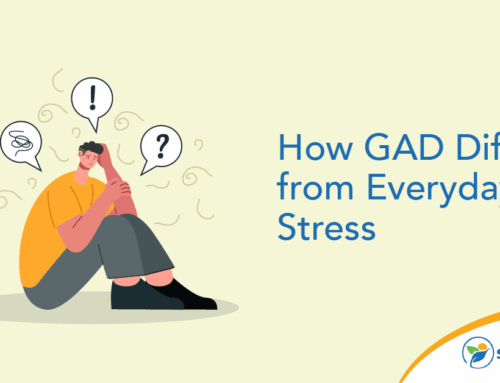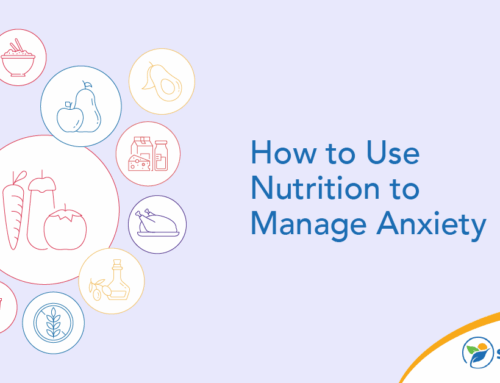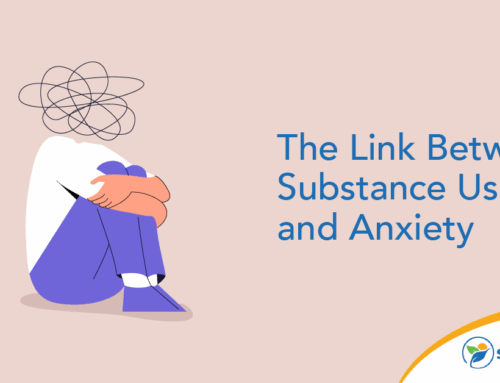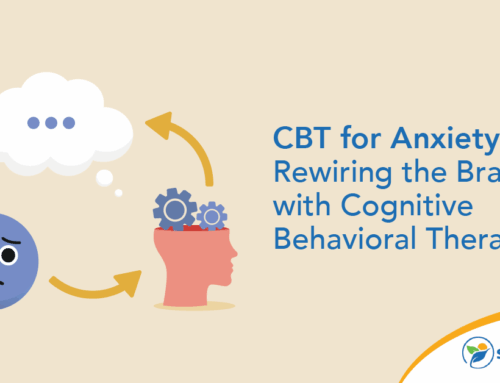Oral contraceptives were first approved in the United States in 1960, and within 2 years, more than 1.2 million American women were taking them. The Pill, as it came to be known. It has been ocnsidered one of the most socially significant advances in modern medicine. Today, 14% of women aged 15-49 take the pill, which is available in a variety of different forms. Like any medication, these pills come with known side effects, but the link between birth control and mental health is less well-known.
The Link Between Birth Control and Mental Health
Oral contraceptives generally work by altering the usual hormone balance a woman’s body goes through during her cycle. Instead of steadily rising estrogen and progesterone in the first part of her cycle, followed by a steep drop immediately before her period, a woman taking hormonal birth control tends to have flat levels of both until the last week, when levels fall. This suppresses the woman’s usual menstruation cycle, preventing the release of an egg and allowing normal sexual activity without the risk of pregnancy.
Because the pill works by altering the body’s hormones, women taking it may experience alterations in mood consistent with hormone changes. Hormones are immensely powerful influences on people’s mood, such as when adrenaline suddenly increases alertness and agitation or cortisol affects the level of stress a person feels. Estrogen and progesterone also have an influence on mood, and changing the levels in a woman’s body throughout her cycle can cause unexpected emotional side effects.
The Impact of Hormonal Contraceptives on Emotional Well-Being
Hormonal contraceptives impact the way the body works in multiple ways. A moderately long list of side effects includes nausea, headaches, abdominal cramping, breast tenderness and increased vaginal discharge or decreased libido. Those are the mainly physical effects from the progesterone-only pills (POPs). As a rule, the more uncomfortable physical side effects can generally be mitigated by taking the daily pill at night before bed or by switching to a different formula, including low-dose and tricyclic contraceptives.
There are several conditions doctors have to think about before they prescribe hormonal birth control. If you’re over age 35 and smoke tobacco, you may not be a good candidate for hormone-based pills because of the risk of cardiovascular complications. Hormonal birth control also tends to elevate blood pressure and can cause heart palpitations, among other physical symptoms. Likewise, if you have a personal or family history of mental illness, you should bring the matter up with your doctor to make sure a potentially mood-altering course of medication is right for you.
Contraception and Mood Changes
Mental health considerations for contraceptives aren’t actually listed as formal side effects of hormonal birth control. Because of the very subjective nature of mood changes, it can be difficult to separate shifts caused or worsened by hormonal birth control from the natural movement of a mood over the course of her cycle. Some research has struggled to isolate pill-related changes from similar reports from women taking a placebo. While the size of the effect may be small, the most commonly reported mood changes include depression, anxiety and elevated levels of anger.
Likely Causes of Mood Changes
If the link between birth control and mental health issues reported by many women isn’t firmly established, what’s behind the reports associated with hormonal contraceptives and mood swings? One reason might be natural variance. Women are twice as likely as men to experience mood disorders in general. Some women are also especially sensitive to changes in their levels of estrogen and progestin, the synthetic version of progesterone. Stress can also play a role in this because the desire to avoid pregnancy and the demands of taking a pill at the same time every day can impose emotional costs. Women who are naturally prone to depression, anxiety and various mental health conditions could also be more perceptive in general, which could lead to a heightened awareness of these issues.
Managing the Mood Changes That Come With Oral Contraceptives
Most of the mood alterations that go with taking oral contraceptives can be managed in several ways.
Increasing Self-Care Habits
Taking care of yourself is always a good idea, and it’s especially helpful when you’re taking oral contraceptives and may be experiencing mood disturbances. Exercise, improved diet and prioritizing a healthier lifestyle are usually productive steps to take, and because there’s basically no downside for most people, it’s frankly a good idea to try this no matter what your mood happens to be.
Adjust Your Medication
More than 60 years after the first oral contraceptives were approved for sale in the United States, several types of pill are now available that you can switch between until you and your doctor are satisfied with the symptom management. If you’re experiencing distressing side effects or mood disturbances on a POP, your doctor could recommend switching to a lower hormone dose, sometimes called the micro pill or Lo Loestrin Fe, which works with as little as 10 micrograms of daily estrogen.
Take Time Off
If you’ve tried the first few fixes for pill-related mood issues and it’s still not working for you, you might benefit from stopping the pill for a few months. Always consult with your doctor before starting, modifying or stopping a course of medication. If you stop taking the pill for 3 months or so, it’s likely your natural hormone levels will return to what they were before you started taking the hormonal contraceptive. If this makes little or no difference to your mood, it’s possible the pill wasn’t the issue. If you notice a dramatic change in mood after stopping the pill, ask your doctor for advice and see if you can’t find an alternative that works for you without the undesirable emotional side effects of birth control.
Maintaining Good Mental Health While Taking Contraceptives
Mental health considerations for contraceptives are just one aspect of the decision to take or not take hormonal birth control. When you’re having a hard time with your mood or your medication, it never hurts to speak with a compassionate and knowledgeable professional about your situation.


